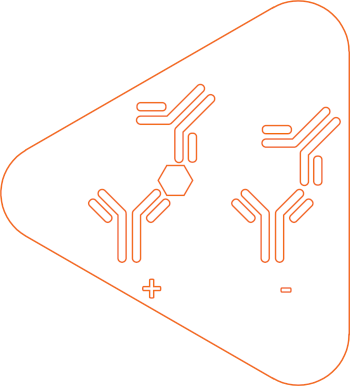Detection
Title:
ELISA test for the SARS-CoV-2
Short description:
Sustainable production of a serological ELISA test for antibodies for the SARS-CoV-2 virus in Serbia
Author:
University of Belgrade - Faculty of Chemistry and INEP Institute for Application of Nuclear Energy
Requested Budget:
490.000 USD (co-funding ensured)
Time frame:
12 months

Problem: The Enzyme-Linked Immunosorbent Assays (ELISAs) based test is a laboratory technique used for the detection of antibodies that are produced by the body to fight against antigens or foreign substances. ELISA test intended to detect IgG antibodies specific for the SARS-CoV-2 virus can scientifically improve county’s response to SARS-CoV-2 virus crises and help with initiating wide strategy of testing seropositivity. Commercially available serological ELISA kits cost about 1.000 EUR, and given the increasing demand on the global market, their prices are constantly rising, while the quality of the majority of currently available tests is undefined. At the same time, needed antigen proteins’ price is skyrocketing, advance payments are required, and delivery times are unknown. Having all this in mind the question is whether Serbia will be able to procure the necessary quantities.
Solution: The solution implies autonomous and sustainable development and production of ELISA tests in Serbia, intended to detect IgG antibodies specific for the SARS-CoV-2 virus. It proposes a new innovative way of producing diagnostic tests based on antigens and secondary antibodies, resulting in 500 kits for 200.000 serological analyses intended for testing the population in Serbia. This team would thus work on enabling sustainable production in Serbia, where all test components would be produced. In the first phase the tests would be intended for the Blood Transfusion Institute for blood donors’ testing, as well for the population in direct contact with infected patients - medical and support staff in hospitals, people who are involved in the transport, diagnosis and support of persons directly affected by the disease.
Additional info: While the WHO is still not officially recommending the use of serological tests for Covid-19, the expertise brought together for this solution could help perfect serological testing in the context of the Covid-19 pandemic and, hence, have a significant impact for Serbia's testing capabilities.